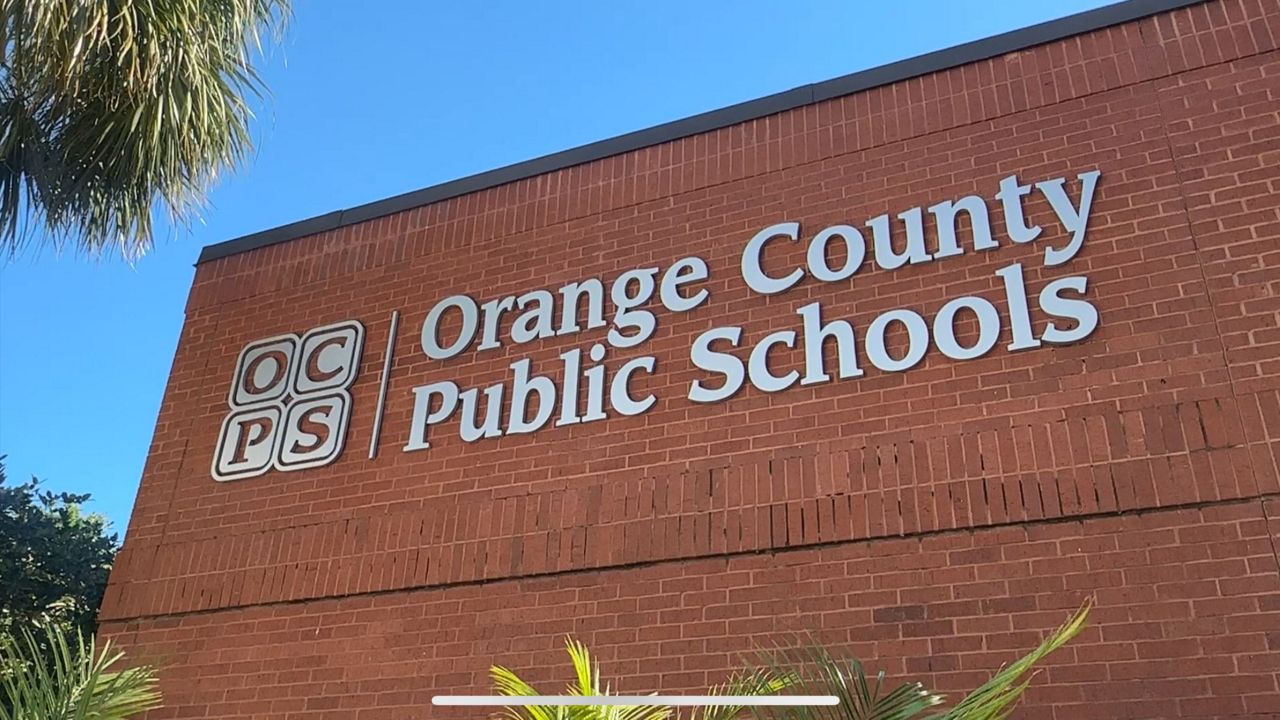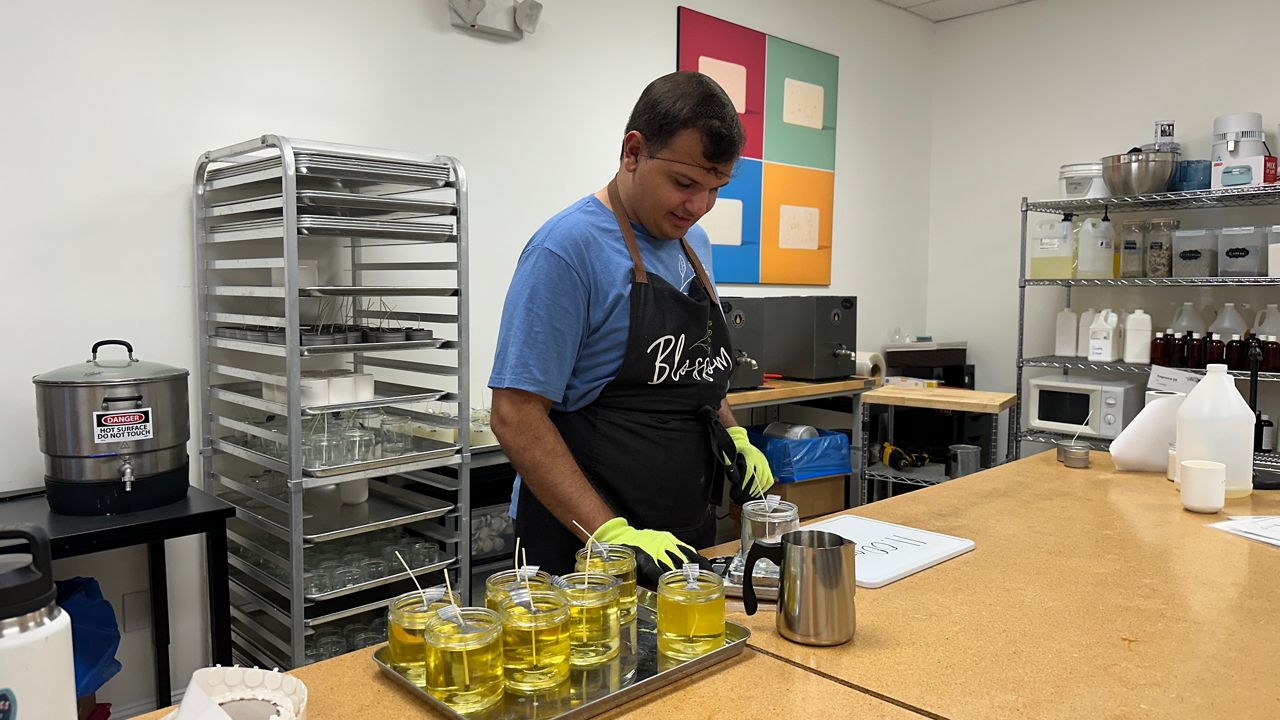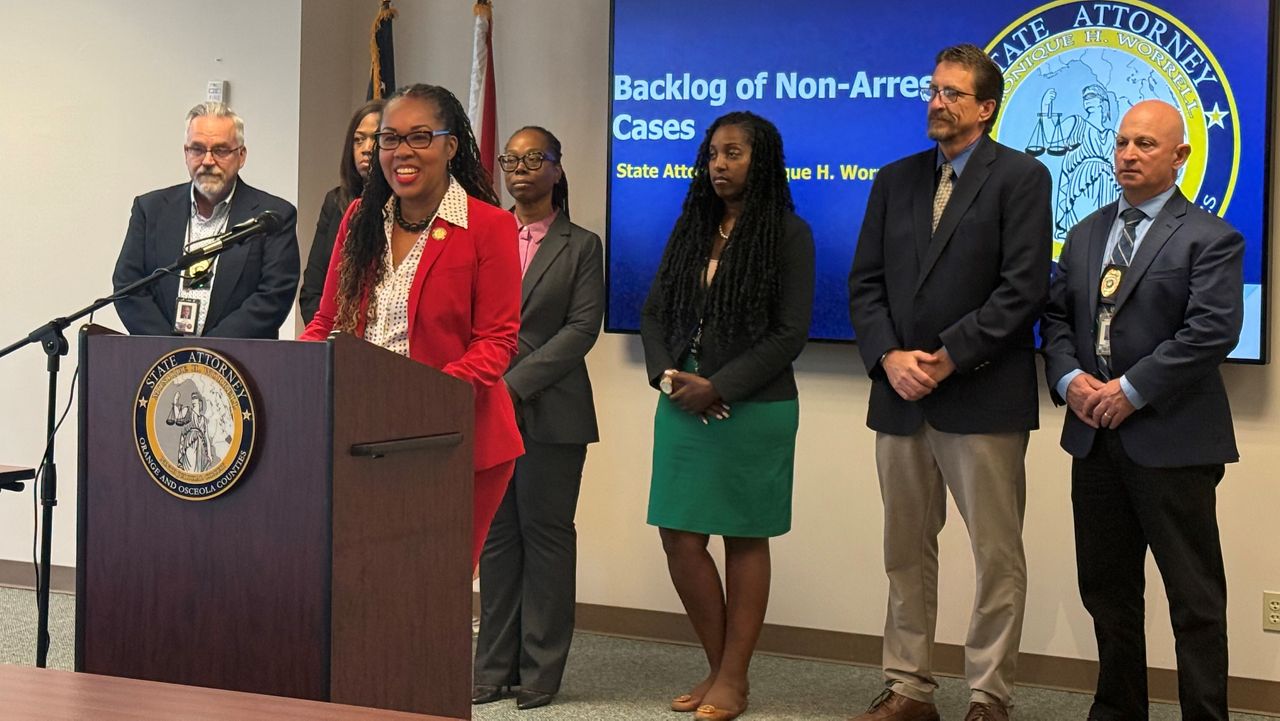ORLANDO, Fla. — A federal judge rejected a state attempt to end a lawsuit involving manatee deaths in the Indian River Lagoon last week.
The lawsuit involves wastewater discharges there, alleging it has led to seagrass dying, and manatees dying from starvation.
The judge said a trial is needed to determine whether the Florida Department of Environmental Protection has violated the Endangered Species Act.
Experts said that it’s important to consider if there is a continuing ongoing violation of federal law.
“I’ve been working to help save manatees for almost 50 years,” said Patrick Rose, an aquatic biologist & executive director for Save the Manatee Club.
Rose believes it is important to protect manatees and their entire aquatic ecosystems, which includes seagrass, a vital food source for the sea cows.
“It became clear many years ago that the Indian River Lagoon was suffering from increased water quality degradation. That’s too many septic tanks leaking,” he said.
Thousands of acres of seagrass was lost to that degradation.
“That left the manatees literally with very little food and hundreds starving to death,” said Rose.
The state of Florida says it has taken steps in recent years to reduce discharges into the lagoon.
Rose agrees, but only to a certain degree.
“I want to make it clear; things are getting better for the time being, but the underlying problem is still there," said Rose. "We’re seeing recoveries in seagrass. We're seeing fewer manatees being harmed by the loss of seagrass.”
But even with that caveat, Rose says more has to be done. He says while the water quality is better today than in past years; he hopes improvements and care for the lagoon will continue, so no manatees die from starvation.
“The remaining question is: is this an ongoing problem that the Florida Department of Environmental Protection is responsible for?” clarified Rose.
The lawsuit includes part of the Indian River Lagoon from the Melbourne Causeway in Brevard County, to Turnbull Creek in Volusia County.
Rose says it’s important for people to look out for any sick or injured manatees and report them to the state of Florida at 888-404-3922.
He says someone will come out, and if manatees need to be rescued, they’ll be picked up.
Manatee species are presently a threatened species, one level below endangered.











